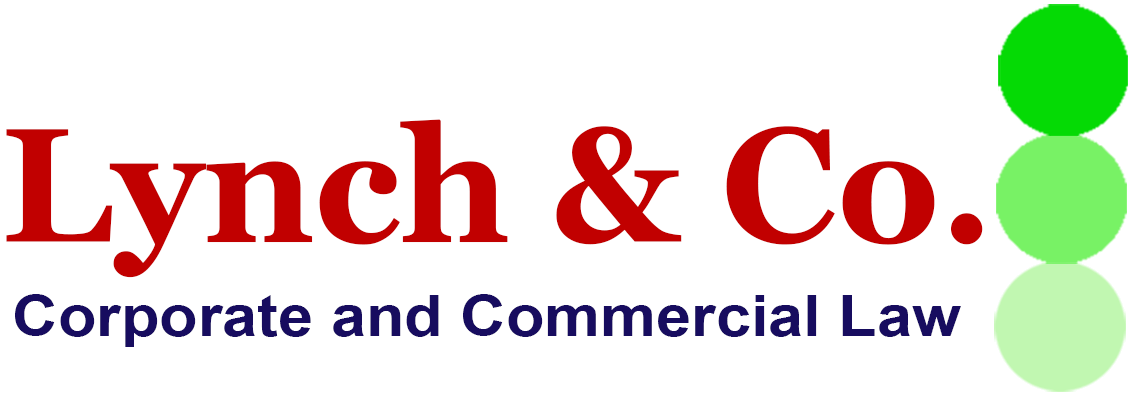Technology: Licence and Supply Contracts
– Some common issues for consideration
Over my many years of experience reviewing and advising on technology-related licence and supply contracts (for suppliers and purchasers), I have seen some really good documents, but unfortunately many are poorly drafted. This is usually because the person drafting the document either has no or little legal drafting training, or is a lawyer but is obsessed with the “legal clauses” without properly addressing the actual supply issues, or has just not obtained the right instructions from their client or stakeholder. Good contracts minimise the risk of a costly dispute arising, whereas poor contracts often do the opposite.
Below are some issues to consider:
- Clear and full instructions
- The lawyer drafting the document must have access to the client’s lead commercial, technical and delivery people for the matter concerned, and ask the correct questions regarding the key requirements, desired outcomes, and likely (or not so likely) risks involved with the proposed supply.
- What is being supplied?
- This might seem to be a silly first point but it is unfortunately fairly common to see legal agreements referring to “Services” or to “Intellectual Property” or to “Software” in an undefined, vague or uncertain manner. Those sorts of agreements run the risk of an expensive dispute arising.
- Clear and concise wording relating to the nature and scope of supply is fundamental to the contract and to the commercial arrangement. Lawyers or other drafters who do not have a good understanding of the supply components will not be able to do this effectively.
- Sale, licence and / or supply of services?
- Following the first point above, the various supply components need to be clearly defined and separated out – also so as to align to price. Often agreements lump “price” into a schedule which bears no correlation to the various components of supply. This can sometimes work but often it’s better to align price with the various supply items.
- Should there be some ‘gateway’ conditions – both initial and possibly ongoing?
- Must some items of work or supply be completed before other portions of the contract then proceed?
- Such items might be equipment on site before a specified date; customer environments readiness; installation and commissioning to ‘go live’ in a satisfactory manner as defined.
- Exclusivity
- Exclusivity might not be important or obvious but should considered. As supplier, do you want the customer buying the same or similar from another supplier? As customer, do you want supply to be made to one of your competitors? (if these items are legally and commercially able to be controlled).
- Price and Payment
- As referred to above, price should align to items actually supplied.
- Cross-border supply issues around withholding tax also need to be considered along with either ‘grossing up’ or ‘non grossing up’ wording depending on whether you are supplier or customer.
- Payment timing, deductions, and the existence of any dispute at or before payment should also be considered.
- Intellectual Property
- What intellectual property does each party actually own, and what items are being supplied under licence from third parties (or is open source)? If the latter, then does that party hold all required rights? How might this issue affect the ongoing supply and use for the customer if important?
- What are the customer’s use rights and obligations?
- There should be clear wording around who owns any modifications or extensions or any jointly developed “new” intellectual property.
- Privacy / Data Protection / GDPR?
- What information supplied by either party constitutes “personal information” and how will that be manage under the arrangement?
- What assurances are each party providing that all personal information will be held securely as required?
- Does either party have compliance obligations under any other jurisdiction, including under the GDPR in the EU, or under the CCPA (California, USA) FROM January 2020?
- Liability
- Are there caps and clear exclusions and are those fair and reasonable in the circumstances of the proposed supply arrangement?
- Transition-in (and readiness environment) and transition out & business continuity issues
- Can supply simply commence in full from an agreed date or does it need to be phased in over time? Likewise, on termination for any reason – can supply simply stop or must it continue at least for an agreed period?
- What if either party goes into liquidation or refuses to supply? Are there third party escrow (or hosted services) arrangements that would be triggered for the customer’s benefit? Have any such provisions been ‘stress tested’ as being likely to work when required?
- Third party dependencies (such as hosting or other services)
- Does either party depend on any third party or circumstance in order to be able to perform a material obligation? If so, how will that be managed between the parties and what contingencies are required?
- Key Personnel
- Often overlooked is the requirement to ensure that certain “key people” remain engaged by either party as may be required. Sudden changes in key project delivery personnel can often have a significant negative impact on delivery. Also, suppliers can sometimes “wheel in” their expert for the sales pitch and then place a less experienced person in the front-line once the contract is signed.
- Change Control
- Changes to the scope, cost or duration of supply are possible if not probable. Does the contract address and adequately deal with this important issue?
- Supplier Warranties
- To what extent will the supplier ‘stand behind’ the future performance of what it is supplying? Is that reasonable considering the price and the level of investment by the customer? Will chargeable support be available in the future at the right time and on agreed terms?
- Ongoing access to Spare Parts
- What essential (and non-essential) spare parts will the supplier have in stock going forward? Failure to quickly supply and install a spare part could result in very costly down-time for the customer, with potential liability flow-on effects.
- How far out into the future will the supplier warrant holding the agreed spare parts?
- Reporting
- What reports does the customer want, about what, when and how?
- Relationship Management
- Are regular meetings required or prudent (likely)? If both parties agree, they can be scaled back over time.
- Service Levels
- Does the customer require some focused assurance on the delivery of a few key items, ‘metrics’ or KPI’s? (along with frequent reporting around those items).
- What happens if those items are not achieved for any reason? Are there fair exclusions as well as some sort of “customer credits” for defaults regime (without being the sole and exclusive remedy for non-achievement)?
- Force Majeure
- Consider whether a force majeure clause is needed, or is included, and if included, the wording, scope, duration and general contractual effect of the clause.
- Third party rights
- Non-parties to a contract can still sometimes have legal standing to enforce the contract terms against an actual party. That presents both a risk and an opportunity to one or more actual parties and so needs to be considered. The risk can be simply addressed through clear drafting. The opportunity might exist if say you are a supplier establishing a tiered licensing model and you want to retain contract rights directly against third parties ‘lower down’ the supply model arrangement who you do not contract with directly (e.g. to protect your intellectual property or to best exclude or manage your liability).
The above are just a few items for consideration. The circumstances of the matter may require other items to be considered. Technology-related supply arrangements, often costing millions of dollars, can become ‘unstuck’ with costly disputes arising and so careful assessment at the outset is required. The risk will be mitigated by having an experienced delivery team, including an experienced technology lawyer to support the process from the beginning.
Sean Lynch
Barrister & Solicitor, Director
If you require any commercial legal assistance, please contact Sean Lynch at sean@lynchandco.co.nz, or ph 09 948 8433.
The above article is not intended as legal advice because each set of circumstances will differ. Specific legal advice is required for any particular case.

